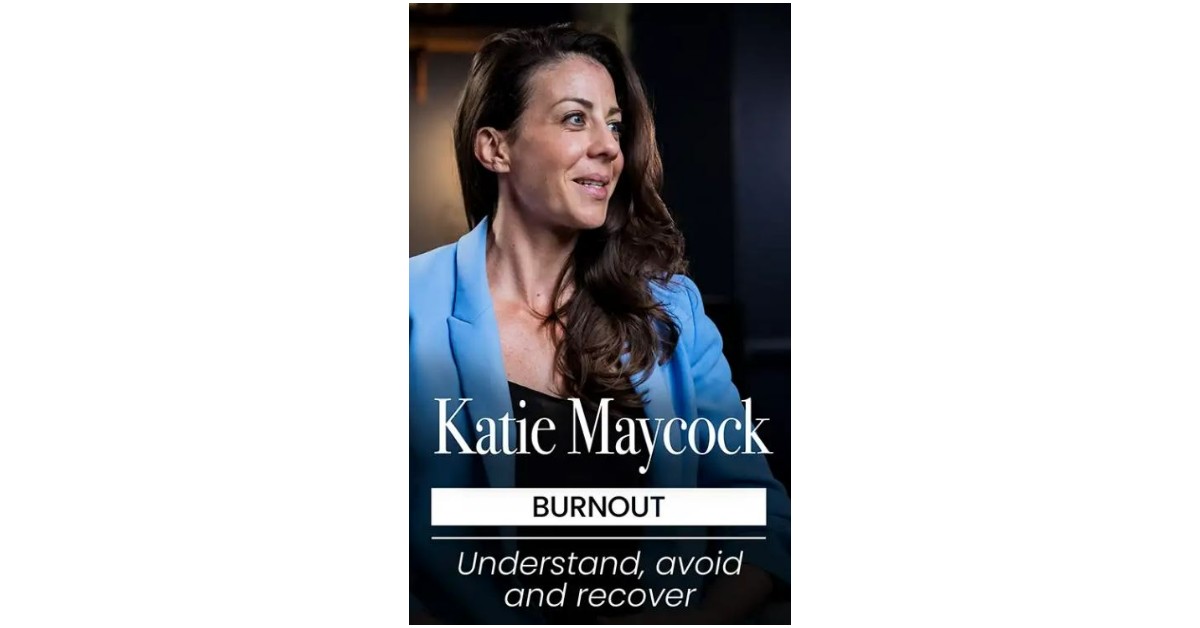Chronic Fatigue and Insomnia
Feeling tired all the time? It’s your body’s way of telling you to slow down and prioritise rest. Embrace this signal as an opportunity to improve your sleep patterns and establish a more balanced routine.

In today’s fast-paced work environment, burnout has become a common challenge. However, recognising the signs early and taking proactive steps can transform this challenge into an opportunity for growth and well-being. Let’s explore the signs of burnout and how we can address them positively.
Burnout is a state of emotional, physical, and mental exhaustion caused by excessive and prolonged stress. It occurs when you feel overwhelmed, emotionally drained, and unable to meet constant demands. But recognising the signs early can help you take action before burnout takes a toll on your health and productivity.
Feeling tired all the time? It’s your body’s way of telling you to slow down and prioritise rest. Embrace this signal as an opportunity to improve your sleep patterns and establish a more balanced routine.
Notice a dip in your work performance? This can be a chance to reassess your workload and find more efficient ways to manage tasks. It’s also a great time to seek support from colleagues and supervisors.
Feeling disconnected from your work or colleagues? Use this as a cue to reconnect with your passions and interests. Engage in team-building activities or take up a new hobby that brings joy and fulfillment.
Experiencing headaches, muscle tension, or other physical symptoms? These are reminders to incorporate wellness practices into your daily routine. Regular exercise, mindfulness, and healthy eating can make a significant difference.
Feeling emotionally drained? This is an opportunity to practice self-compassion and emotional resilience. Consider talking to a therapist or counsellor to develop coping strategies and build emotional strength.
Self-care is not a luxury; it’s a necessity. Make time for activities that rejuvenate you, whether it’s reading a book, taking a walk, or spending time with loved ones. Remember, taking care of yourself is the first step to being effective at work.
Learn to say no and set boundaries to protect your time and energy. Communicate your limits clearly with your team and supervisors. This not only helps prevent burnout but also fosters a culture of respect and understanding.
Don’t hesitate to reach out for help. Whether it’s talking to a trusted colleague, seeking professional counselling, or joining a support group, sharing your experiences can provide relief and new perspectives.
View burnout as a signal for growth and change. Reflect on what aspects of your job are causing stress and explore ways to make positive changes. This might involve seeking new challenges, learning new skills, or even considering a career shift.
Encourage open communication and support within your team. Celebrate successes, big and small, and foster a culture of appreciation and recognition. A positive work environment can significantly reduce the risk of burnout.

Our mental health partner JAAQ have an amazing website where you can discover, learn and understand more about mental health.
Their website offers a range of speakers and topics where you can choose a question and watch the expert deliver the answer by video.
Katie Maycock is a stress and burnout specialist for leaders & companies.
Katie's pageLife’s full of ups and downs and it’s really important to us that everyone at Bupa feels supported every step of the way.
Our mental health approach brings together a wide range of support. We can all play our part by talking openly about mental health and looking out for the wellbeing of our colleagues. Living longer, healthier, happier lives starts with all of us
We offer access to expert information; support for specific aspects of life such as caring responsibilities or financial wellbeing, which we know can lead to stress or trigger mental health problems; and talking to a trained counsellor or accessing therapy or other forms of support.
There's lots on offer at Bupa. Find the right role for you on our Job Area's page.
Join our talent community and we'll let you know when a role that might be right for you comes up.
We believe that everyone has the potential to make a real difference in their career. That’s why we offer a range of early careers opportunities, from graduate schemes to apprenticeships.